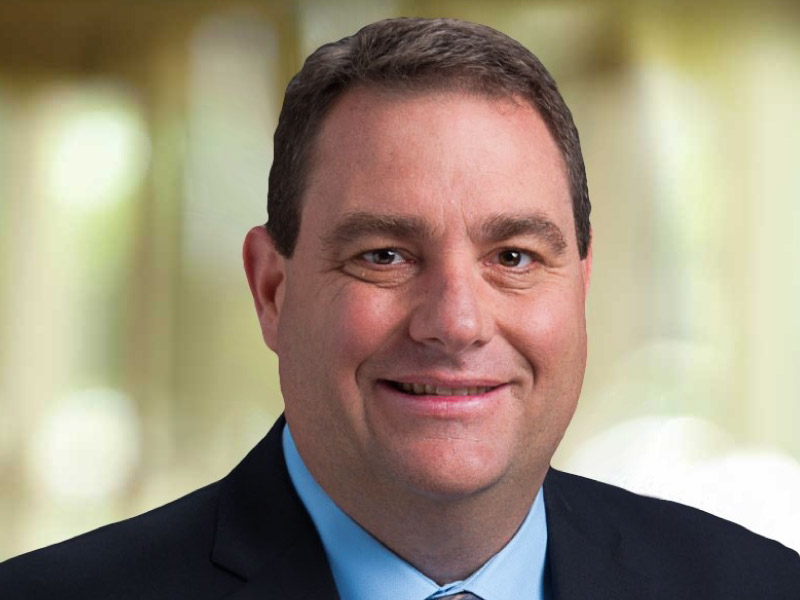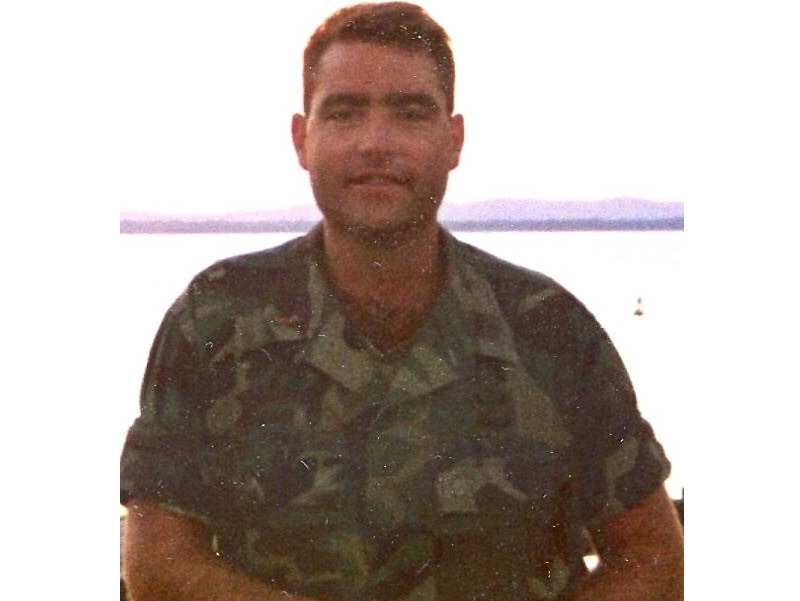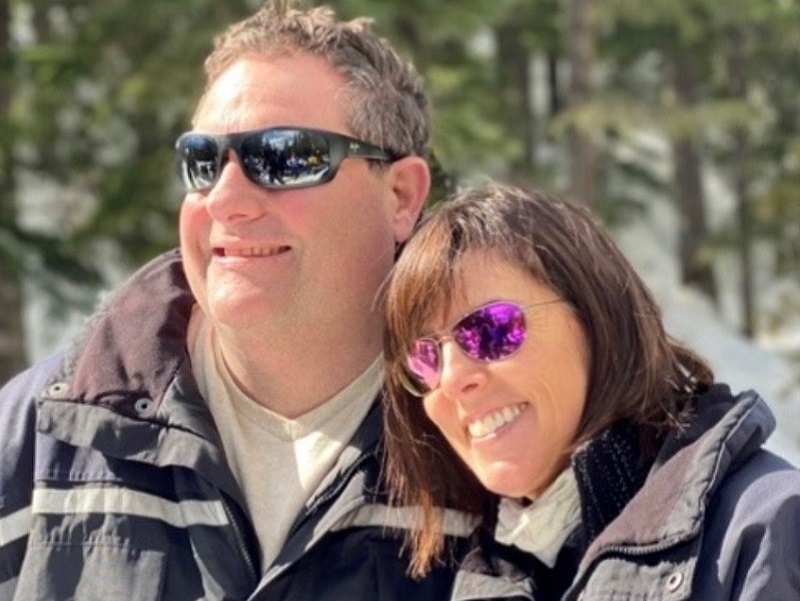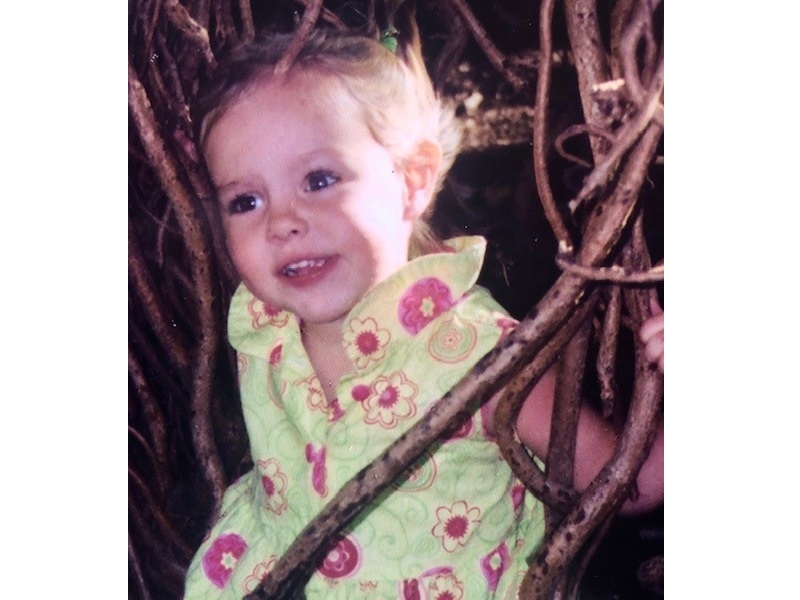New board chairman Vara brings aloha spirit to AHA

At 18, Ray Vara was ready to get on with his life and, unexpectedly, he decided to enlist in the U.S. Army.
His first long-term posting was a place many people dream of living: Honolulu. On the flight there, Vara happened to be seated next to an elderly woman. They chatted for five-plus hours. She passed along her phone number. He soon became a regular at her family dinners. Over the next several years he'd spend on the island, he became an extension of her family, an example of the local bond known as "hanai."
Fast forward 15 years.
Married with four sons and an infant daughter, it's time for Vara to return to the islands after 10 years away. He and his wife, Tiffany, want to raise their kids in a community where friends are like family. They also want a place where they can make a difference. Honolulu became home once again.
Two decades later, Vara has gone from leading a single hospital to becoming president and CEO of the Hawai'i Pacific Health system. He's also gone from being a local volunteer with the American Heart Association to becoming chairman of the national board of directors. His two-year term began July 1.
Impressive as those feats are, they only hint at how powerful the adopted culture has been for Vara and his family.
In addition to being hanai'd, they've experienced much aloha, which means far more than hello and goodbye. It's a spirit, one the state of Hawaii formally describes as "mutual regard and affection and extends warmth in caring with no obligation in return." They've felt it, shared it, and lived it — in the best of times and the worst.
***
Growing up, Vara always expected he'd go to college. He even imagined himself potentially becoming a physician, perhaps an orthopedic surgeon because of all the broken bones he suffered playing sports.
Born in Canton, Ohio, he spent most of his childhood in Las Vegas. He was 15 when his dad died at 54 of congestive heart failure.
The youngest of four, his siblings were in their 20s and on their own at the time. So he and his mom — a widow at 42 — moved back to Ohio. Two years later, he enlisted. To this day, he's still not exactly sure why.

A couple of years into his military service, he began his college path. He took night classes at Hawai'i Pacific University. Then he received an Army ROTC scholarship that paid for his full-time education and trained him to become commissioned as an officer.
After receiving a finance degree from HPU, Vara became an officer in the Medical Service Corps. So the guy who'd considered becoming a doctor found himself overseeing medics. His first assignment was in Washington state, where he met and married a fellow Army officer named Tiffany.
After he was deployed to Cuba and Tiffany to Somalia, they decided it was time for a more stable life for their family, which at this point included two sons.
He requested an assignment to an Army hospital rather than a deployable field unit. They sent him to Madigan Army Medical Center in Tacoma, Washington.
***
On his first day, Vara was asked, "What is it you do well?"
"What is it you need done?" he said.
Vara's new bosses were looking for someone young, eager and good with numbers.
"I guess I did OK because a year later, I got sent to be the CFO of an Army hospital in Fairbanks, Alaska," he said.
While there, Vara earned his MBA from the University of Alaska Fairbanks, giving him the nifty distinction of having earned degrees in the 49th and 50th states. He and Tiffany also had twin boys, doubling their number of sons.

A year and half later, they both decided to leave the Army, primarily so Tiffany could be at home to raise the boys. Entering civilian life, Vara became the CFO, then CEO of a hospital in yet another unique locale: Los Alamos, New Mexico.
When the parent company sold the region where he worked, Ray and Tiffany saw the opportunity to chart a new course for the rest of their lives and for the formative years of their children.
The timing was good: Straub Medical Center in Honolulu was seeking new executive leadership.
***
Abigail Faith Vara was 8 months old when her family moved to Hawaii.
Shortly before her third birthday, Abbie drowned in the family pool. She went over 30 minutes without a pulse or heartbeat before the staff brought her back. She then began her second life.
"She was wheelchair-bound, fed through a tube and nonverbal after that," Vara said. "But she was the light of our life."
Despite a severe brain injury, Abbie found ways to communicate. She attended middle school, loved music and especially loved her weekly rides on Puali'I, a sassy red horse whose name means "descendent of a chief."

By the time they were teenagers, Abbie's brothers Chase, Kyle, RJ and Matt knew how to use feeding tubes, oxygen machines and a suctioning device that cleared her throat. They understood why they could rarely travel as a family and — if they did — they needed 13 carry-on bags.
Whenever the boys were in public with Abbie, they saw the various ways strangers responded to her. This taught them to be more compassionate towards others.
More often, though, the Vara kids gathered at their house, which became a main hangout for their friends. And when these boys came over, "they'd walk in and the first thing they would do is kiss Abbie on the forehead," Ray said.
In high school, RJ took part in his football team's tradition that involved senior players designing and selling their own T-shirt. His read "family" on the top, then a line, then "everything."
"Family over everything," Vara said. "That's really what Abbie taught them – that the world is bigger than just themselves."
Abbie passed away in 2015. Nearly 1,000 people attended her memorial service.
"If I had a do-over button, I would hit that every time in order to change the path of Abbie's life," Vara said. "But in doing that, many of the greatest things that we've experienced in this life would go away as well. Because through her journey, we got to see human kindness, we got to experience relationships, we got to see the impact of suffering and hardship, and how you can learn and grow from that, and we got to see our boys become men in an environment that was different than most others.
"Probably the best way to say it is, 'She raised our boys to be better men than we could have ever raised otherwise.'"
***
When Vara took over at Straub, he became the sixth CEO in five years. He knew he was in for a challenge. Two years later, as Straub stabilized, he became CEO of all four hospitals in Hawai'i Pacific Health. Nine years later, he became president and CEO of the parent company.
Early in his Straub days, Vara served as chairman of the American Heart Association's Heart Walk in Honolulu.
Then he joined the local board. The affiliate board followed. Next came a spot on the national board. Then he became treasurer. Usually a one-year role, he held it four years until becoming board chair-elect in July 2019.
The AHA is one of many boards on which Vara serves, including publicly traded and private for-profit companies and, until recently, his alma mater. (Hawai'i Pacific University gave him an honorary doctorate, so he could finally answer to "Dr. Vara," he said with a chuckle.)
With so many roles, and so many health organizations that would love his service, why the devotion to the AHA?
The initial lure was his family history. In addition to his dad, heart-related diseases claimed his mom and his only sister.
Then, as he became more involved, Vara appreciated the AHA's impact in his community and all others it serves. He also saw opportunities to lend his expertise. He helped streamline the local board, then helped dissolve the Pacific Mountain affiliate, dispersing those states into other affiliates (now regions).
Ultimately, what he loves most are the people — his AHA 'ohana (family), so to speak.
"Service on the national board has been just a great gift, personally and professionally," he said.
Vara's tenure arrives as the AHA is steadfastly pursuing its 2024 Impact Goal of advancing cardiovascular health for all, including identifying and removing barriers to health care access and quality. It's a great fit because his health care system is focused on the same priorities, including social determinants of health, early childhood development and K-12 education, food insecurities and challenges related to affordable housing and homelessness.
"When we talk about creating healthier communities or being a relentless force for a world of longer, healthier lives, I've spent the last decade building a platform to do exactly that here in Hawaii," he said. "Hopefully we can be a model for what other communities can do."
AHA CEO Nancy Brown is looking forward to Vara's guidance.
"Ray's experience and expertise will advance the organization as a global authority in overall health and well-being," she said.





